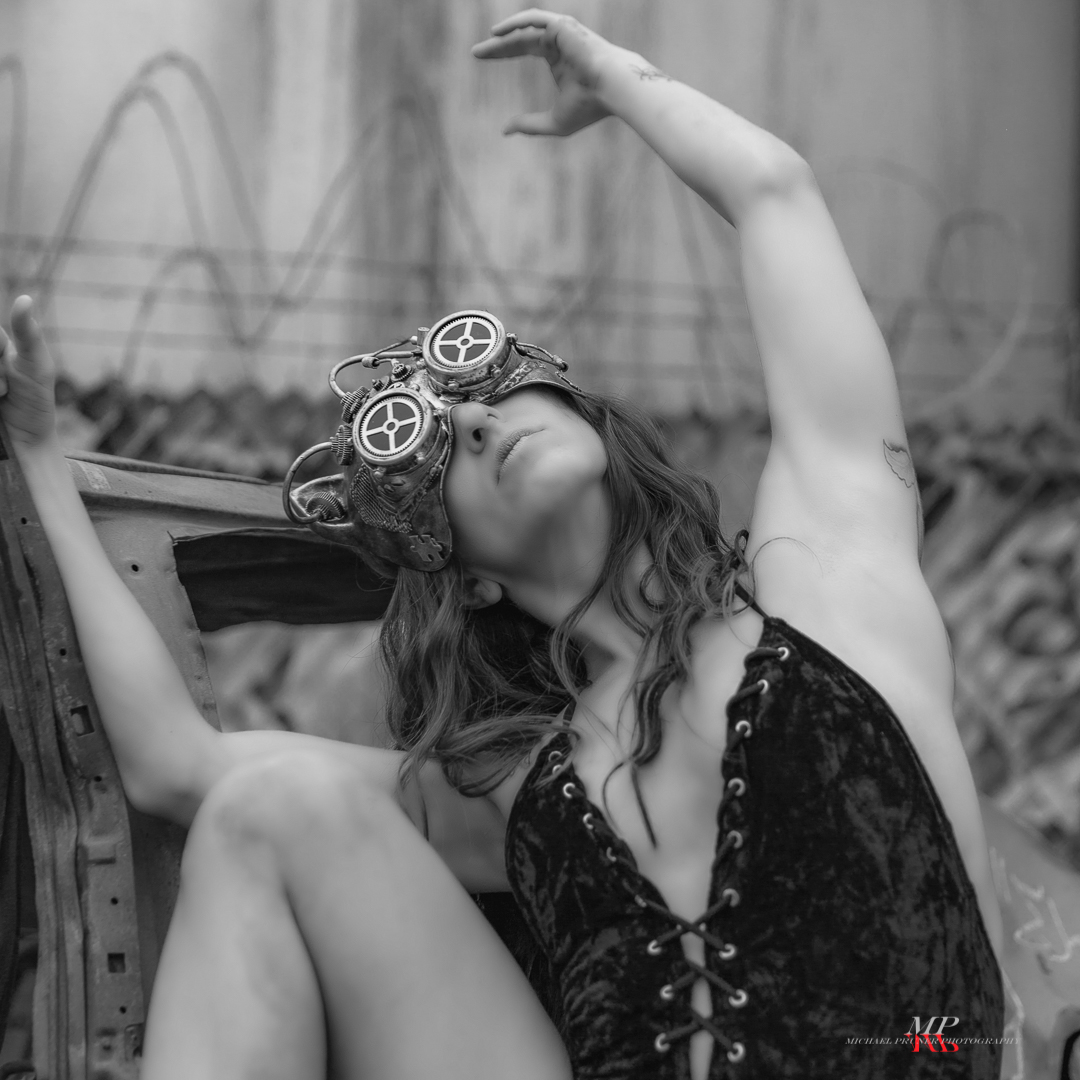The lens through which we view the world acts as a transformative filter, coloring our experiences, beliefs, and interactions. Much like a camera lens focuses and frames a photograph, our perception shapes our reality by selecting, magnifying, and interpreting the myriad stimuli that surround us. This article delves into the captivating concept of the lens of perception, exploring how it shapes our worldview, influences our understanding, and invites us to embrace the power of perspective.
At its core, perception is the window through which we interact with the external world. Our sensory inputs – sight, sound, touch, taste, and smell – provide the raw data that our mind processes into meaningful experiences. However, it’s important to recognize that perception is not a passive process; it is an active filter that sifts through the sensory input, discarding, amplifying, or embellishing details based on our individual biases, beliefs, and emotions.
The lens of perception is not a fixed entity; it’s a dynamic and malleable framework that adapts to our evolving thoughts and experiences. It’s influenced by cultural conditioning, personal history, and social influences, often operating beneath the surface of conscious awareness. Two individuals may encounter the same event, yet their lenses of perception can yield vastly different interpretations, leading to contrasting emotional responses and conclusions.
This malleability of perception underscores its profound impact on our understanding of reality. Consider the classic example of a glass – is it half-empty or half-full? The answer lies not in the glass itself but in the lens of perception through which we view it. Embracing this idea unlocks a gateway to empathy and understanding, as we recognize that diverse perspectives are born from different lenses of perception, and each perspective contributes to the rich tapestry of human experience.
The lens of perception extends beyond our immediate sensory experiences; it permeates our cognitive and emotional landscapes. Our beliefs, shaped by upbringing, education, and life experiences, serve as potent filters through which we interpret information and events. Confirmation bias, a phenomenon where we seek out information that aligns with our existing beliefs, further reinforces the lens through which we perceive the world.
However, the lens of perception is not solely a product of conditioning; it can also be consciously cultivated and refined. Mindfulness, the practice of being fully present and aware, offers a means to examine our thoughts, emotions, and biases without judgment. By observing the workings of our mind, we gain insight into the filters that color our perception and influence our responses. This heightened self-awareness empowers us to transcend automatic reactions and embrace a more intentional and open-minded perspective.
Furthermore, the lens of perception invites us to explore the beauty of diversity and expand our horizons. Engaging with people from different backgrounds, cultures, and viewpoints offers an opportunity to see the world through multiple lenses, broadening our understanding and enriching our lives. As we step into others’ shoes and attempt to view the world through their lens, we cultivate empathy, compassion, and a deeper appreciation for the interconnectedness of humanity.
In conclusion, the lens of perception is a multifaceted prism that shapes our reality, influences our understanding, and underscores the power of perspective. It serves as the gateway through which we engage with the world, creating a unique tapestry of experiences, thoughts, and emotions. While perception is a complex interplay of subconscious biases and conscious choices, it offers us the freedom to cultivate awareness, empathy, and an open-minded approach. As we navigate the complex landscape of existence, let us remember that the lens through which we see the world is not a fixed frame, but a dynamic tool that invites us to embrace the richness of diverse perspectives and discover the boundless potential of the human experience.

